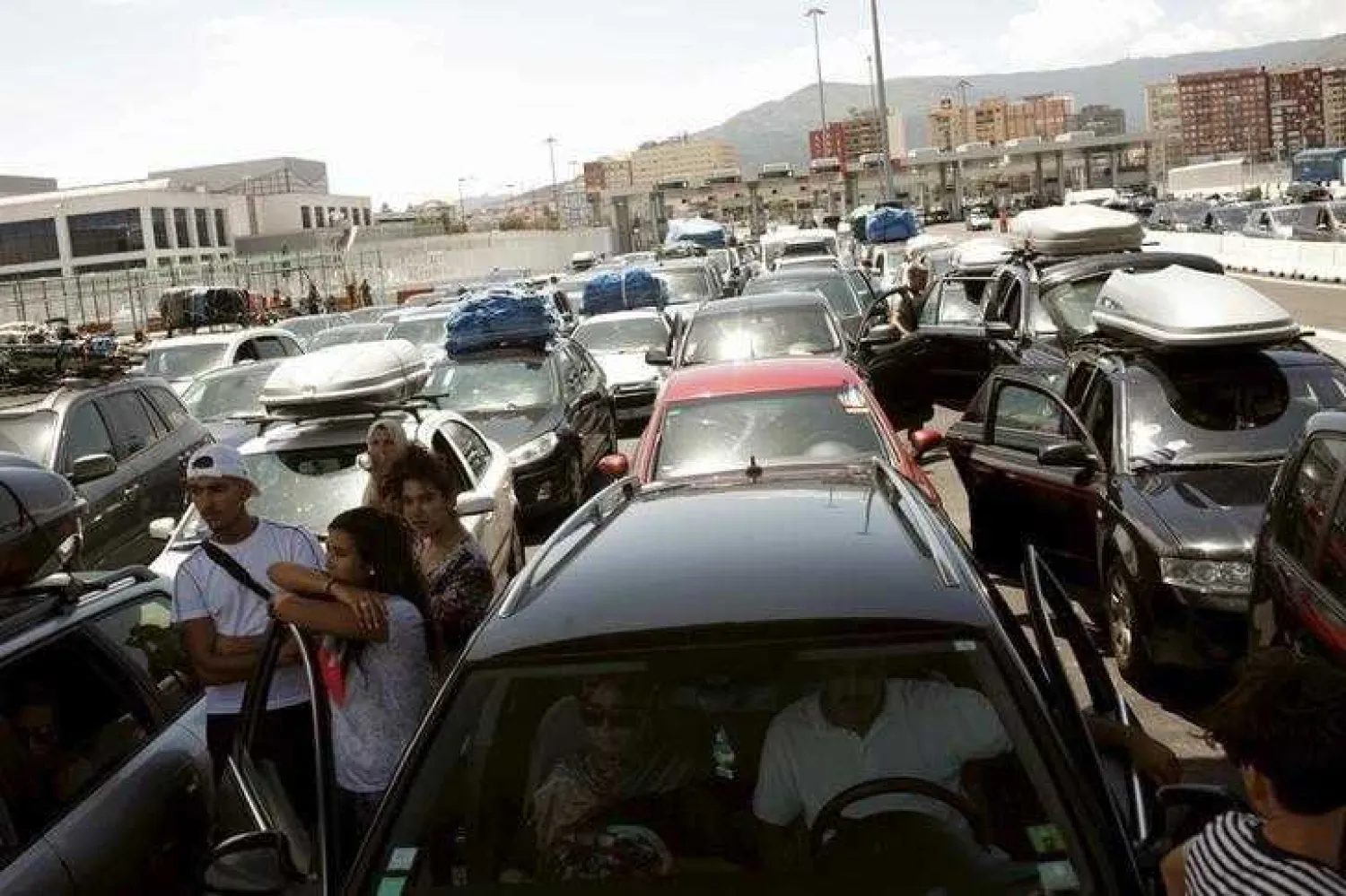Morocco's car exports fell 6.2 percent in the first five months of 2019 in response to a downturn in the global automotive industry.
This is the first time that Morocco’s auto industry hits reverse after witnessing a growth in the past few years and becoming the country’s top export sector.
Despite the decline, the auto industry remained at the forefront of Morocco's exports with $1.6 billion, representing about 12 percent of the total value of Morocco's exports during the first five months of this year.
Wires and electrical cables industry ranked second in Morocco's value-added exports, with a value of $1.5 billion, up 7.2 percent and accounting for 11.5 percent of the country's total exports. This industry developed greatly in connection with the needs of the automotive industry, including the manufacture of components that enter into cars assembly.
Agricultural fertilizer exports came third with $1.2 billion and a 1.5 percent growth, followed by clothing exports of $1.1 billion.
Phosphoric acid ranked fourth in Morocco's exports over the same period by $685 million, a strong growth of 35.5 percent in association with the country’s increase of phosphoric acid exports to Africa under the new industrial partnerships of the OCP Group (Office Chérifien des Phosphates).
Morocco's exports during the first five months of the year amounted to $13.2 billion, and saw an increase of 3.44 percent compared to the same period last year.
These exports accounted for 29.2 percent of finished products, 22.6 percent of food and beverages, 20.4 percent of semi-finished products, 19.7 percent of finished industrial equipment, 4.7 percent of ores, and 2 percent of plant and animal raw materials.









